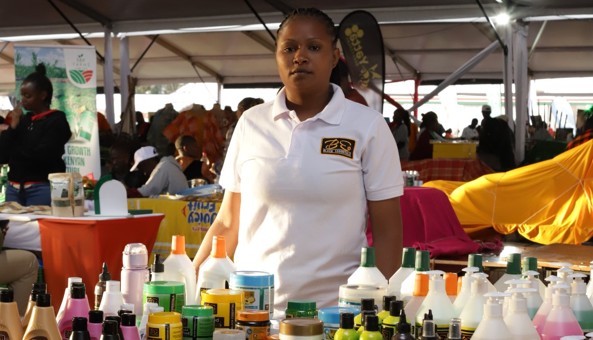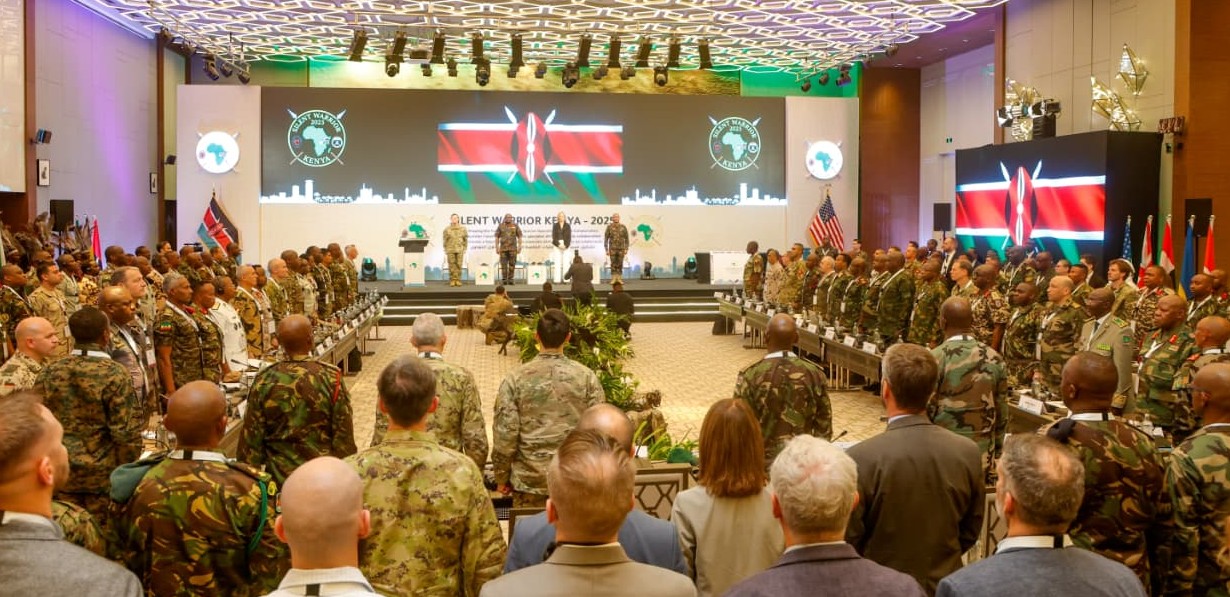UK court ruling targets BATUK soldiers accused of fathering and abandoning children in Kenya

Meanwhile, the unresolved 2012 murder of Agnes Wanjiru, a 21-year-old Kenyan mother who was found dead in a septic tank near Nanyuki after spending the night out with soldiers, continues to cast a shadow over the British military presence.
The UK High Court has ordered British authorities to release the names and last known contact details of 11 soldiers accused of fathering and abandoning children while stationed at the British Army Training Unit Kenya (BATUK) in Nanyuki.
The court ruling directs the Department for Work and Pensions (DWP) and HM Revenue & Customs to provide the information to the children born to Kenyan women during the soldiers’ deployments and allegedly left without any support.
More To Read
- Report links Batuk soldiers to rape, abuse and impunity in Laikipia and Samburu
- High Court sets December 16 mention in Agnes Wanjiru murder case as UK confirms suspect in custody
- Former British soldier facing extradition over Agnes Wanjiru murder denies knowing victim
- BATUK: How 1964 pact shaped Kenya’s military partnership with UK
- UK reaffirms support for justice in Agnes Wanjiru case in response to Kenyan inquiry
- Kenya commences extradition proceedings of British soldier accused of Agnes Wanjiru's murder
This marks the first legal decision of its kind involving British military personnel overseas and is expected to set a precedent for similar future claims.
According to The Metro, the case was brought on behalf of the 11 children by a legal team led by Rob George KC, who argues that the children’s rights—to identify as British citizens and to receive support—have been consistently denied.
The legal team also contends that DNA evidence confirms the fathers are not Kenyan. They argue that, given that the only white individuals in the region were associated with the British army base, the children were almost certainly fathered by UK military personnel.
'Outrageous, brazen impunity'
"For too long, men in the British Army have acted with outrageous, brazen impunity — buoyed by the huge power imbalance in their favour, and their misbelief that their actions abroad have no consequences for them when they return home," said James Netto, one of the children's lawyers.
"They have been fathering children and simply abandoning them — leaving the children, and their families, in extraordinarily challenging circumstances in an impoverished part of rural Kenya."
The British Army has operated in Kenya for many years under BATUK, though its presence has often sparked controversy.
Some soldiers have faced serious allegations—including rape, murder, and child abandonment—raising long-standing concerns about misconduct during deployments.
Rape allegation
In one recent example, a British soldier stationed at BATUK was reportedly investigated in June by UK authorities over a rape allegation stemming from an incident in May near the Nanyuki camp.
The alleged assault took place during a night out at a local entertainment venue. One soldier, whose name has not been disclosed, was arrested in connection with the case.
Meanwhile, the unresolved 2012 murder of Agnes Wanjiru, a 21-year-old Kenyan mother who was found dead in a septic tank near Nanyuki after spending the night out with soldiers, continues to cast a shadow over the British military presence.
Although the UK permitted a Kenyan multi-agency team to travel and interrogate the main suspect, the outcome of that investigation has never been made public by Kenyan authorities, deepening the frustration of Wanjiru’s family and human rights advocates.
Top Stories Today














































